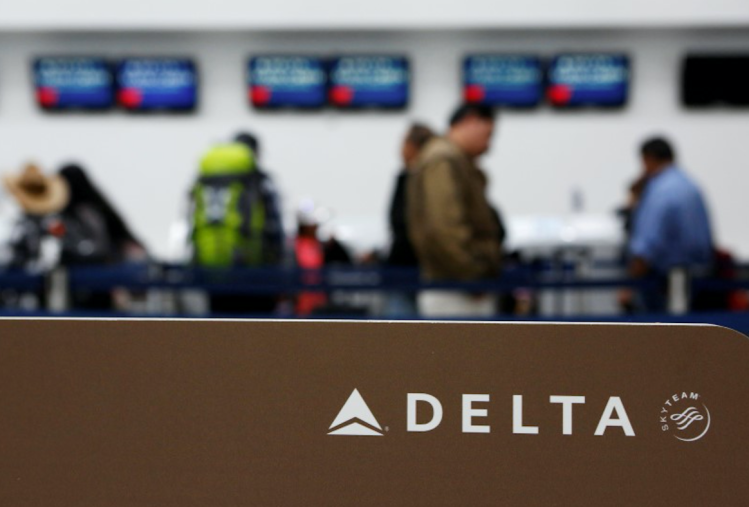Delta Airlines experienced a major computer outage recently, one that caused canceled flights and massive delays. Many passengers were stranded in airports, and the company now has to look back and find the cause. Most of the work will involve a close look at the IT systems Delta is using and efforts to create better redundancy, but there’s also the “soft” issue of dealing with passengers who need to be rebooked on a flight or at least reassured that everything is OK.
That’s where A.I., machine learning, and chatbots could help, says Dave O’Flanagan, the CEO of Boxever. His company, based in Dublin, with offices in the U.S. and elsewhere, makes a cloud platform that uses A.I.-assisted analytics and machine learning.
O’Flanagan says airlines could use chatbots to deal with the initial influx of requests. At this stage in their development, bots are good at taking that initial inquiry from a passenger or potential customer, even if an actual rebooking might not be possible at that time (likely due to the same IT system challenges).
More than anything, he says a bot could free up agents to handle rebooking or to deal with issues in other ways. A bot could easily send information about a system outage and could analyze flight data to check for delays and possible flight options.
This would reduce the load on call centers, both in terms of the human agents available and the IT systems used to manage the incoming calls. Instead of picking up a phone, passengers might turn to a chatbot in Facebook Messenger first, knowing a chatbot is always available and is able to provide some assistance.
At the very least, O’Flanagan says, a chatbot would provide links to information and other content, including the best ways to contact the airline or whether it’s better to wait until a certain time when they’ll know more about the situation.
“This kind of augmented intelligence would allow agents to deal with churn — agents leaving due to overload or poor training,” says O’Flanagan. “Chatbots could take the initial load off — they can deliver a consistent experience at lower cost.”
And a chatbot would become even more valuable than that. Human agents are not as good at sifting through data quickly. A chatbot can look at a passenger record and determine that the customer always flies business class, travels with kids, or prefers more leg room.
“That’s the promise of the chatbot — the proposition of A.I. and machine learning in knowing the customer preferences. They are not going to ask 20 questions, because they can look through records in seconds,” he says. This reduces the “cognitive load” on agents as well, allowing them to deal with other, more complex, issues.
It’s likely Delta is already looking into this possibility. You might even be talking to a chatbot when your next flight is delayed.
VentureBeat's mission is to be a digital town square for technical decision-makers to gain knowledge about transformative enterprise technology and transact. Learn More

